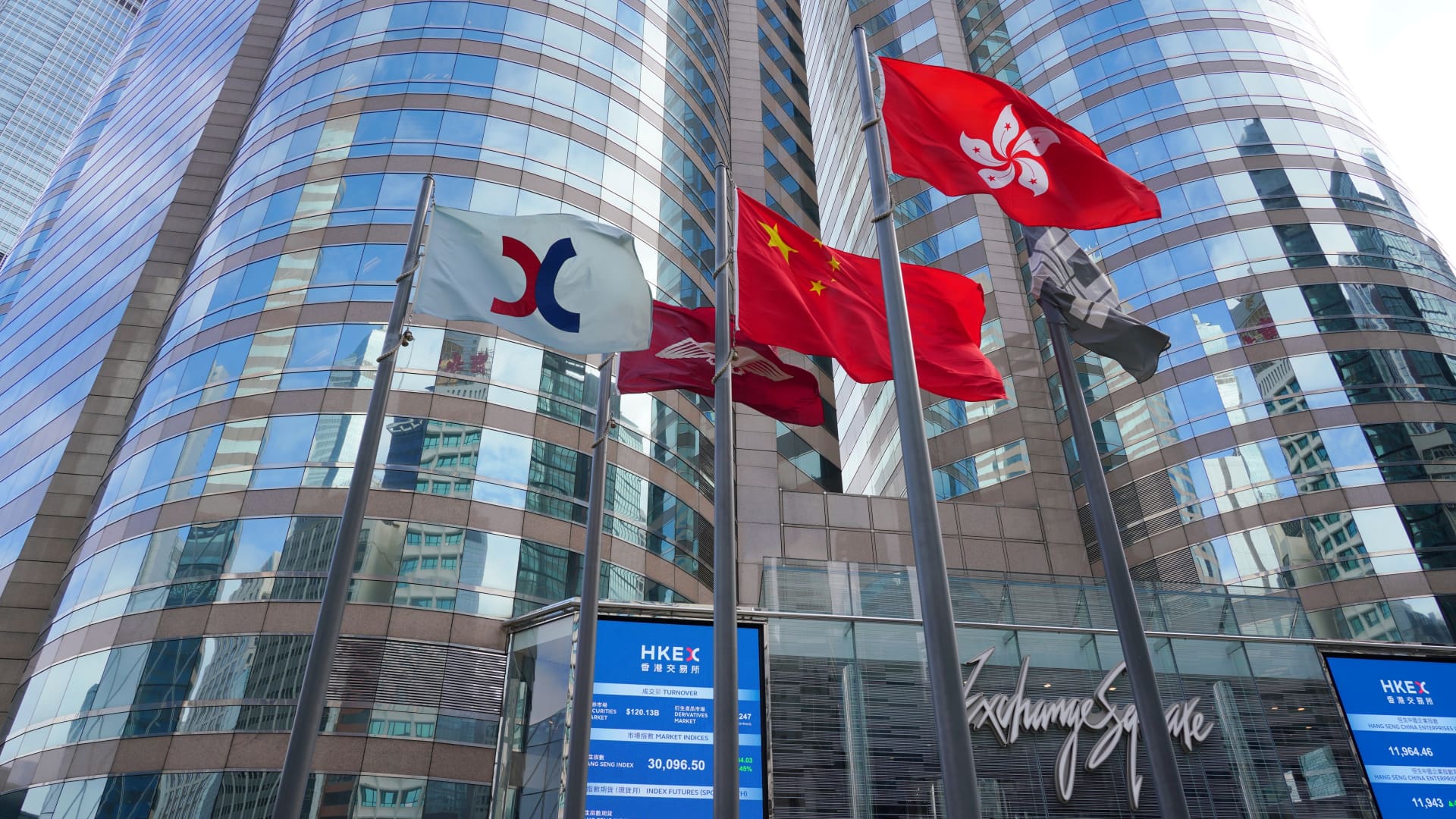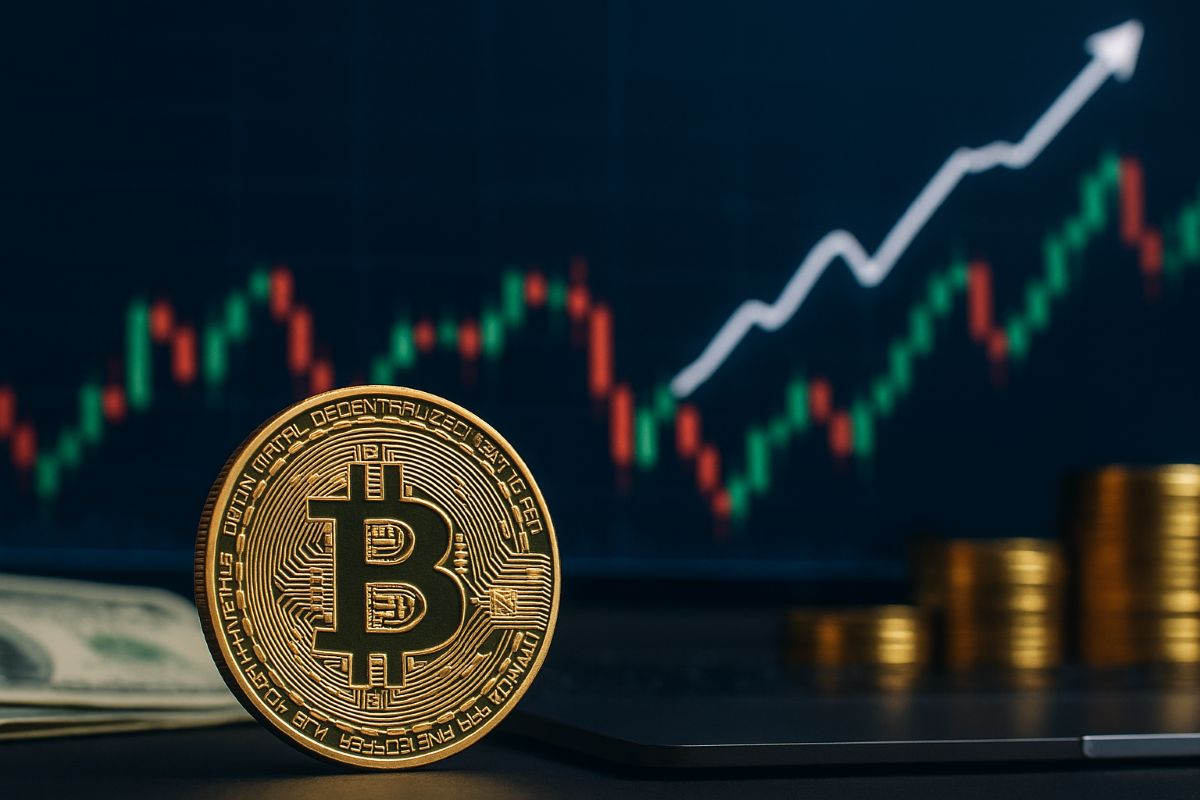A U.S. recession will likely hurt Asia. Here are the countries that are most vulnerable
Asia will not escape unscathed if the U.S. falls into recession, but some countries in Southeast Asia may be more badly hit than others, economists told CNBC.

Singapore is the most vulnerable and will be the first in Southeast Asia to get hit if the U.S. falls into a recession, says Chua Hak Bin of Maybank.
Roslan Rahman | Afp | Getty Images
SINGAPORE — Asia will not escape unscathed if the U.S. falls into recession, but some countries in Southeast Asia will be more badly hit than others, economists warn.
The tug-of-war between inflation and recession in the United States continues as the Federal Reserve sticks to its hawkish stance on interest rate hikes.
The U.S. has already reported two consecutive quarters of negative growth in the first two quarters of 2022 — what some consider a "technical" recession. Still, there's little consensus on when a full-blown recession might happen.
Economists told CNBC that Singapore and Thailand will most likely be the first to be hit if the U.S. heads into recession.
Singapore
Singapore is "more vulnerable" to a U.S. recession compared with its regional peers because it's "very, very dependent," said Chua Hak Bin, a senior economist at Maybank.
"I suspect [it] will be Singapore first," he said when asked which economies in Southeast Asia will be hit first if the U.S. falls into a recession. The island-state will likely be the first because of its export dependency and its small and open economy, Chua said.
Selina Ling, chief economist at OCBC Bank agreed with that analysis.
"At first glance, I would suspect the more open and trade-dependent Asian economies like [Singapore], Taiwan and South Korea and maybe Thailand would be the usual suspects," she said.
1. Interconnected
GDP growth in the country has been "historically more correlated" with the U.S. business cycles due to its export-oriented economy, Maybank said in a late-August report.
Singapore doesn't have much of a domestic market and relies heavily on trade services for economic growth, Chua explained. This includes shipping activities and cargo operations.
The country's trade-to-GDP ratio for 2021 was 338%, according to the World Bank. The trade-to-GDP ratio is an indicator of how open an economy is to international trade.
Stock picks and investing trends from CNBC Pro:
Singapore's "correlation and dependence on external demand is very high," Chua said. If the U.S. were to slip into a recession, that "dependence and causality" will hit the more export-oriented economies, he added.
Singapore is extremely connected with the rest of the world and a "shock wave" in any country will definitely have a ripple effect across the city, Irvin Seah, senior economist from DBS Group Research told CNBC.
Still, he doesn't expect Singapore to fall into a recession this year or next year.
The Maybank report said that if the U.S. heads into recession, the downturn is "likely to be shallow rather than deep."
However, Chua said the U.S. could possibly face a "prolonged" recession and whether Singapore is also headed for a long-drawn recession or not will depend on China's Covid reopening since China is the city-state's largest trading partner.
2. Export-driven economy
Singapore is a big exporter of electrical machinery and equipment, but output in its electronics cluster fell 6.4% in July compared with last year, data from the Economic Development Board showed.
Output in the semiconductor sector dropped 4.1%, while other electronic modules and components segments shrank by 19.7% due to "lower export orders from China and [South] Korea," said the EDB, a government agency under Singapore's trade and industry ministry.
"China is the biggest export market for many ASEAN countries … But exports to China have been terrible," Chua said referring the the 10-member Association of Southeast Asian Nations. "Because Singapore is so heavily dependent on exports, [it] will feel it."
3. Tourism

Seah, the economist from DBS, said he does not "discount the possibility" that Singapore will experience at least one quarter of negative quarter-on-quarter growth. However, economic conditions are normalizing for the country, he added.
"We are definitely much stronger today compared to during the global financial crisis period," he said.
Thailand
Thailand will also be one of the first to be impacted if the U.S. falls into a recession, predicted the economists who spoke to CNBC.
1. Tourism
The country relies heavily on tourism for its economic growth. Tourist spending accounted for approximately 11% of Thailand's GDP in 2019 before the pandemic. The country welcomed almost 40 million visitors that year and generated more than $60 billion in revenue, according to World Bank data.
There were only about 428,000 foreign tourists arrivals in 2021, and its economy grew by only 1.5% — one of the slowest in Southeast Asia, according to Reuters.
Thailand could be next to fall into a recession after Singapore, according to Chua. However, a "wildcard" will be the timing of China's reopening — which could determine if the Thai economy comes back "in full swing," he added.

Chinese tourists have not returned to the Southeast Asian country and that has left Thailand's economy in "an even more precarious state," said DBS Bank's Seah.
"As long as Chinese tourists are not returning, Thailand will continue to struggle. Growth has been weak, inflation is high, [and] the Thai baht is under pressure."
The Thai baht is currently hovering at around 36 baht per U.S. dollar, and is down 20% compared with three years ago, before the pandemic.
2. Inflationary pressure
Thailand's inflation rate hit a 14-year high of 7.66% in June, according to Refinitiv data.
The Bank of Thailand has only hiked interest rates once so far since 2018.
"Headline inflation is very high in Thailand, but core inflation is not as high, by correlation is not as high. Of course growth has been a lot weaker, so they don't feel any urgency to tighten as aggressively," Maybank's Chua said.
He pointed out that Indonesia and the Philippines would likely be less impacted by a potential U.S. recession due to their "domestic oriented economies."
"Indonesia and the Philippines have been more insulated from slowing external demand and US recession, with both economies continuing to expand even in 2008/09 during the global financial crisis," the Maybank report said.
According to data from the World Bank, GDP growth in Indonesia and the Philippines were higher compared to Singapore and Thailand during the global financial crisis in 2008 to 2009.
— CNBC's Abigail Ng and Weizhen Tan contributed to this report.

 KickT
KickT 






























